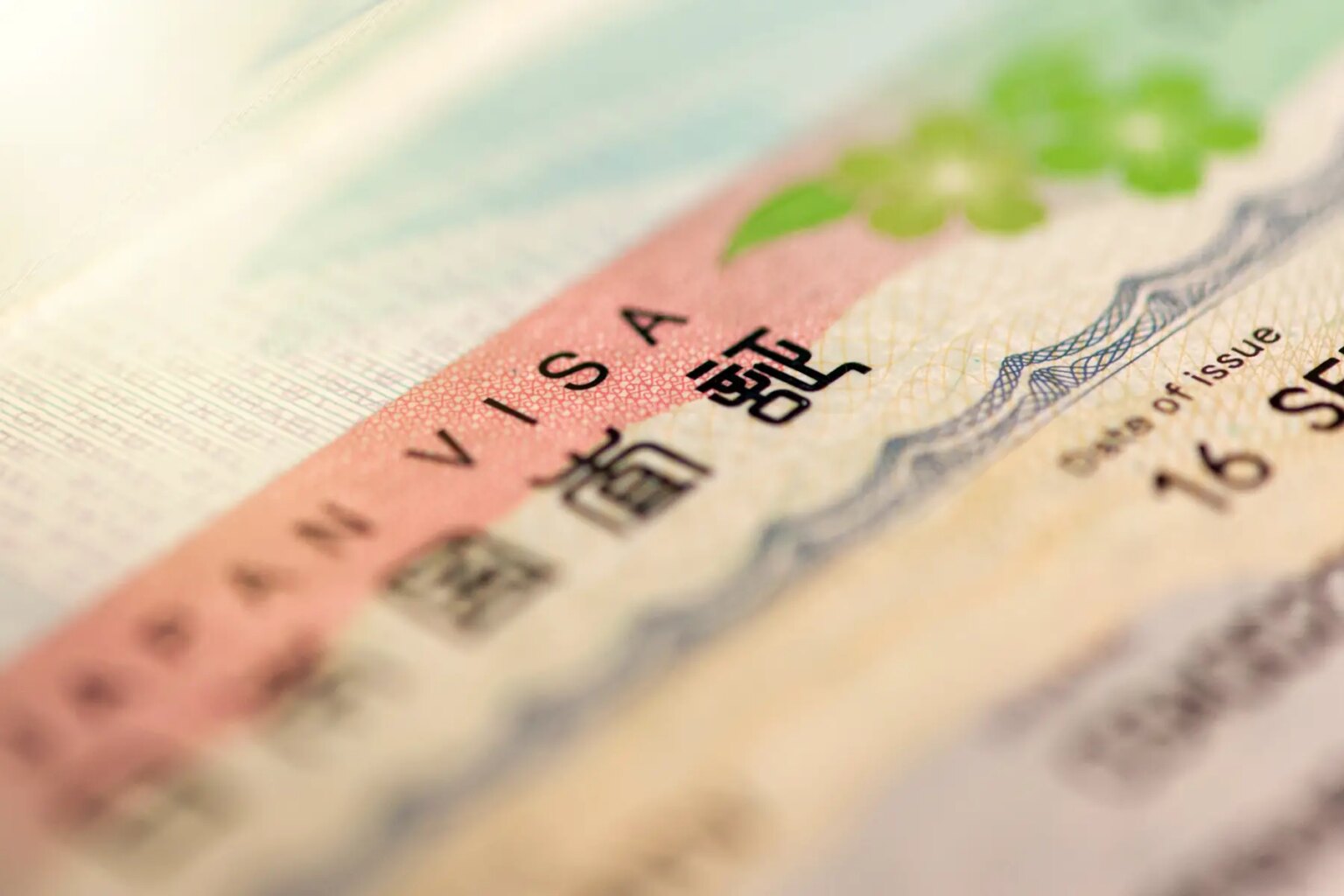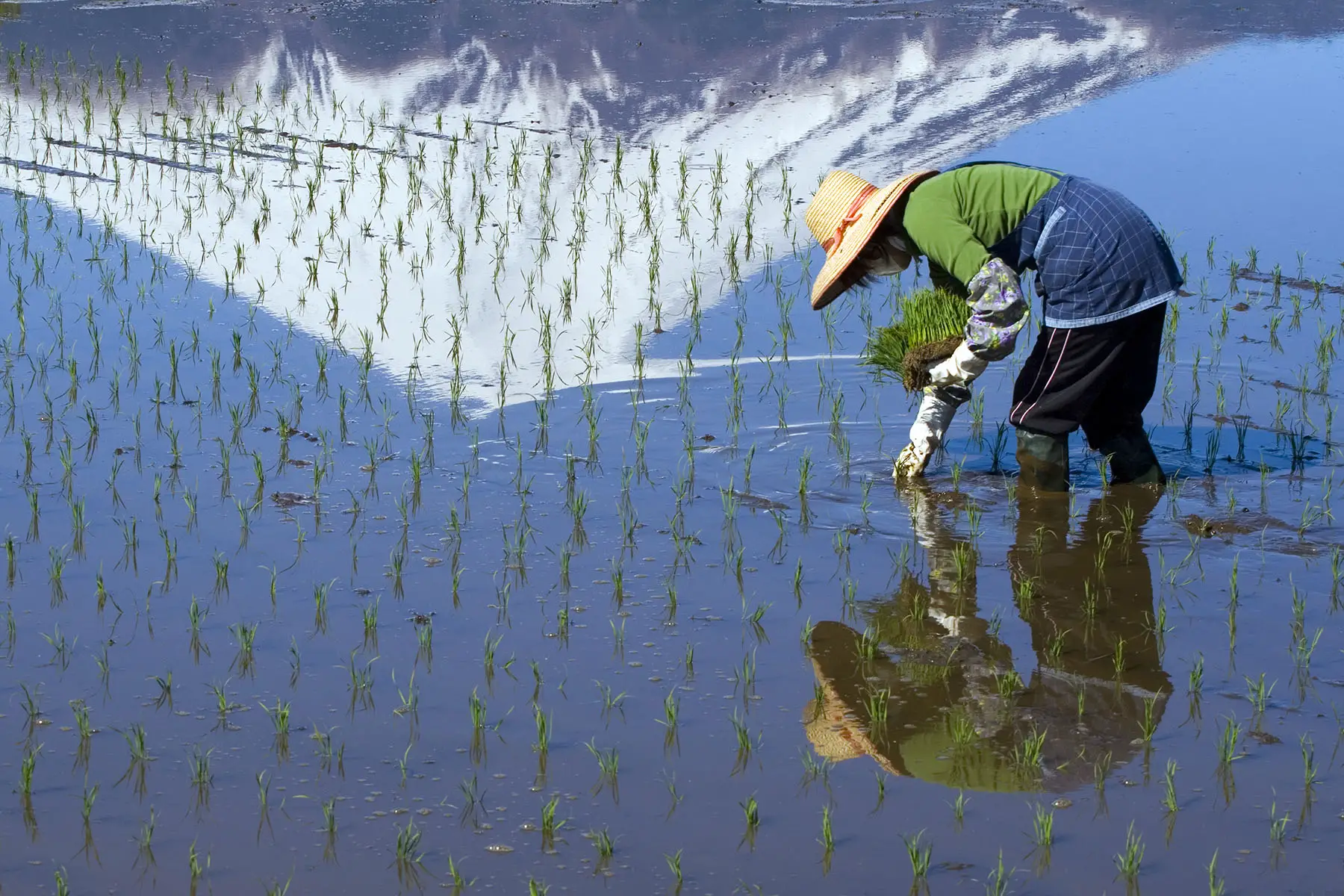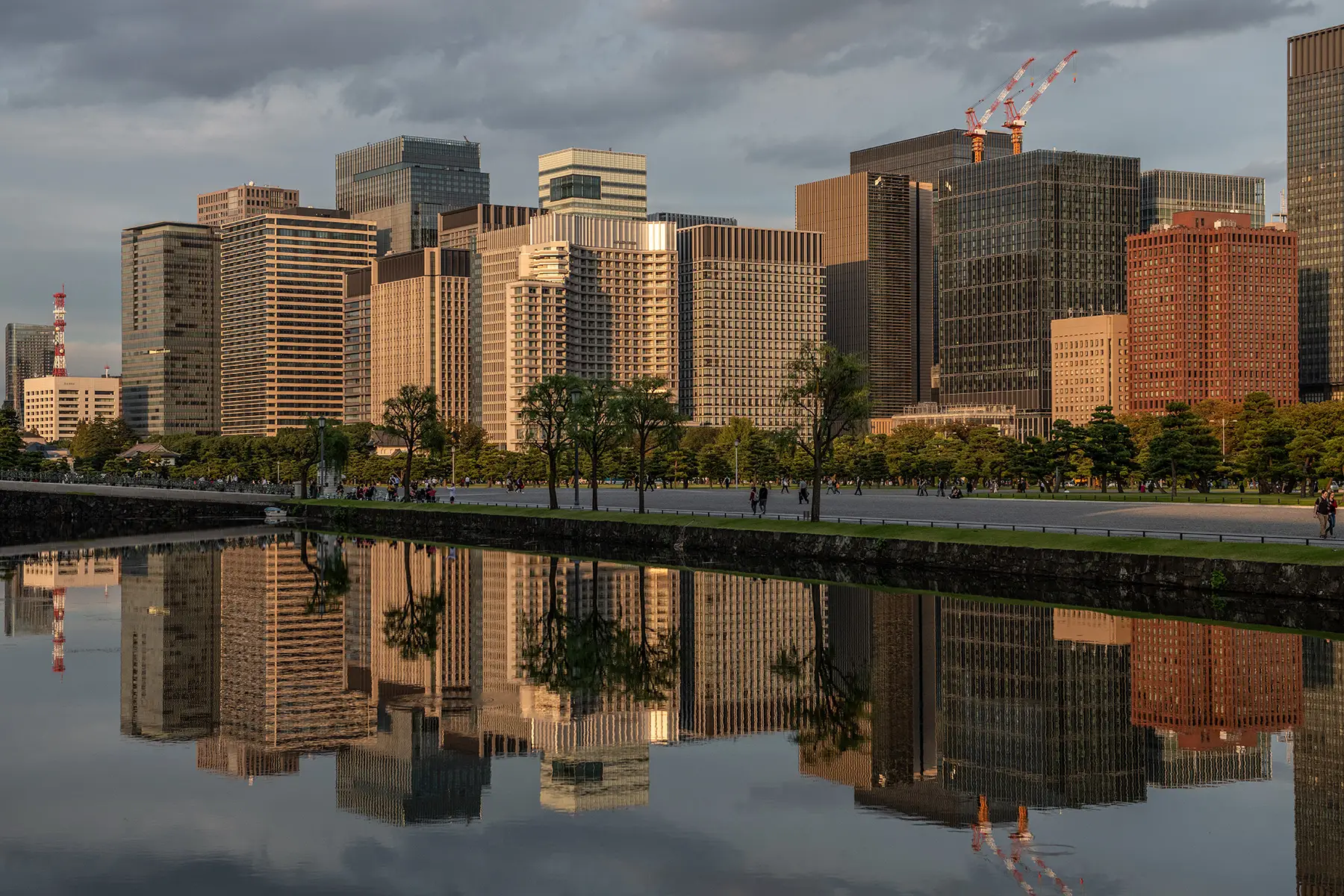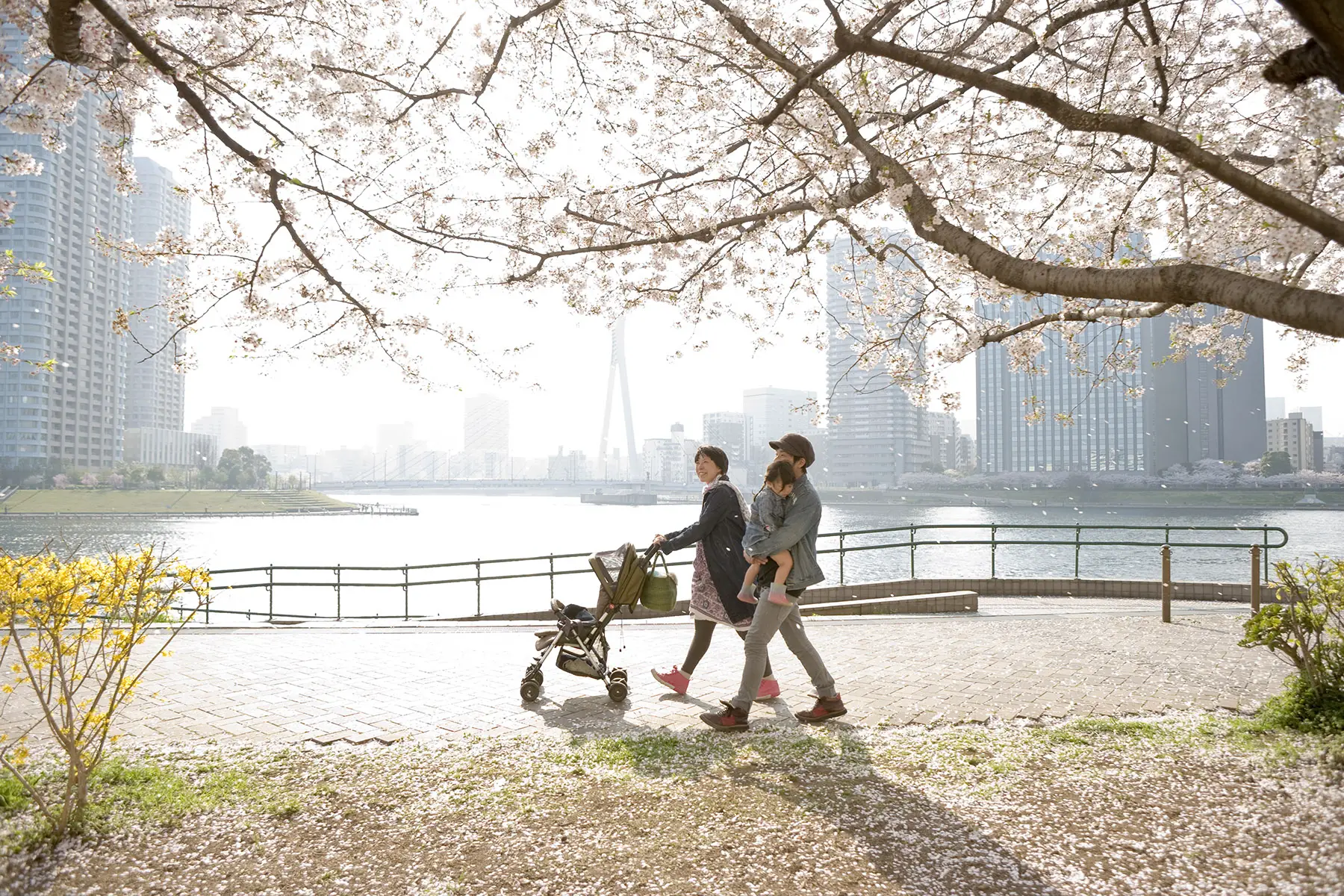If you live in Japan and want to work, you may need a visa to do so legally. It will allow you as an expat to find employment or look for business opportunities as a self-employed worker and entrepreneur.
Obtaining work legally will be a smart move given that the cost of living in Japan is relatively high, especially in big cities like Tokyo. You can find out how to apply for the relevant Japanese work visa (就労ビザ) by exploring the following topics:
- Working in Japan
- Who needs a Japanese work visa?
- Types of Japanese work visas
- How to apply for a work visa
- Visa costs
- Specified Skilled Worker visa (SSW I)
- Specified Skilled Worker visa (SSW II)
- Japanese work visas for students
- Work visas in Japan for self-employed people, freelancers, and entrepreneurs
- Volunteering and work experience in Japan
- Japanese work visas for family members
- Appeals and complaints about work visas in Japan
- Useful resources
Working in Japan
Japan, a country known for its rich culture and thriving economy, has become an attractive destination for professionals seeking international opportunities. By comparison to some other countries, Japan offers a streamlined process for obtaining work visas (not work permits), allowing skilled workers to find employment with relative ease.

The Japanese government employs a points-based immigration system, prioritizing highly skilled foreign workers in various fields, such as advanced technology, research, and business management.
The Immigration Services Agency of Japan (ISA – 出入国在留管理庁), an organization under the jurisdiction of the Ministry of Justice (MOJ – 法務省), oversees work visas and immigration policies.
In light of the nation’s aging population, the Japanese government wants to attract even more international workers and added two new visa categories (2019) to address the labor shortage in 14 industries. The Specific Skills Worker (SSW – 特定技能) visas have expanded the employment and business opportunities for internationals in Japan while also strengthening the nation’s economy.
As such, the country has experienced an increasing influx of expats, with approximately 1.8 million international workers (2022), comprising around 2.5% of the total workforce. Popular sectors include information technology, healthcare, education, and hospitality.
Who needs a Japanese work visa?
Citizens of countries with reciprocal visa waiver arrangements (ビザ免除協定) for short-term stays (e.g., the US, Canada, Australia, and several European countries) can enter Japan without a visa for temporary visits, typically up to 90 days.
However, these exemptions only apply to tourism or family visits and do not permit employment. Still, you may conduct business meetings or attend networking events during your stay.

All applicants must secure a Certificate of Eligibility (COE – 在留資格認定証明書) from their prospective employer before applying for a work visa at a Japanese embassy or consulate in their home country.
Japan has not banned any groups or nationalities from applying for work visas, but the requirements and processing times may vary depending on the applicant’s country of origin. Of course, diplomatic visa holders can engage in official duties or activities on behalf of their government without a work visa.
Notably, Brexit impacts British nationals’ residency and working rights across Europe, but fortunately not in Japan.
Types of Japanese work visas
There are different types of work visas, valid from three months to five years.
These include the following (listed in the same order as on the government website):
- Highly Skilled Professional (高度専門職): professionals with exceptional skills in their field, includes three subcategories
- Professor (教授): university professors and researchers
- Artist (芸術): artists, musicians, and other creative professionals
- Religious activities (宗教): religious workers and missionaries
- Journalist (報道): journalists, reporters, and other media professionals
- Business Manager (経営・管理): company managers and executives
- Legal/Accounting services (法律・会計業務): lawyers, accountants, and other legal/financial professionals
- Medical services (医療): doctors, nurses, and other healthcare professionals
- Researcher (研究): researchers in various fields
- Instructor (教育): teachers at public or private educational institutions (excluding universities)
- Engineer/Specialist in humanities/international services (技術・人文知識・国際業務): engineers, IT professionals, language instructors, and specialists in various fields
- Intra-company transferee (企業内転勤): employees transferring to a Japanese branch within the same company
- Nursing care (介護): certified care workers
- Entertainer (興行): actors, musicians, performers, and other entertainment professionals
- Skilled labor (技能): workers with specialized skills, such as chefs or tradespeople
- Specified Skilled Worker (SSWI – 1号) and (SSWII – 2号) (特定技能): workers in industries experiencing labor shortages, introduced in 2019
- Technical intern training (技能実習): technical intern
How to apply for a work visa
Japan does not have a centralized online application portal. Instead, you must apply to a Japanese embassy or consulate in your country of residence. The process is the same for all work visas and involves a few steps:
- You need to secure a job offer and sign an employment contract with a Japanese employer
- The employer must apply for a Certificate of Eligibility (COE) on your behalf
- You have to submit the COE along with your visa application at a Japanese embassy or consulate in your home country
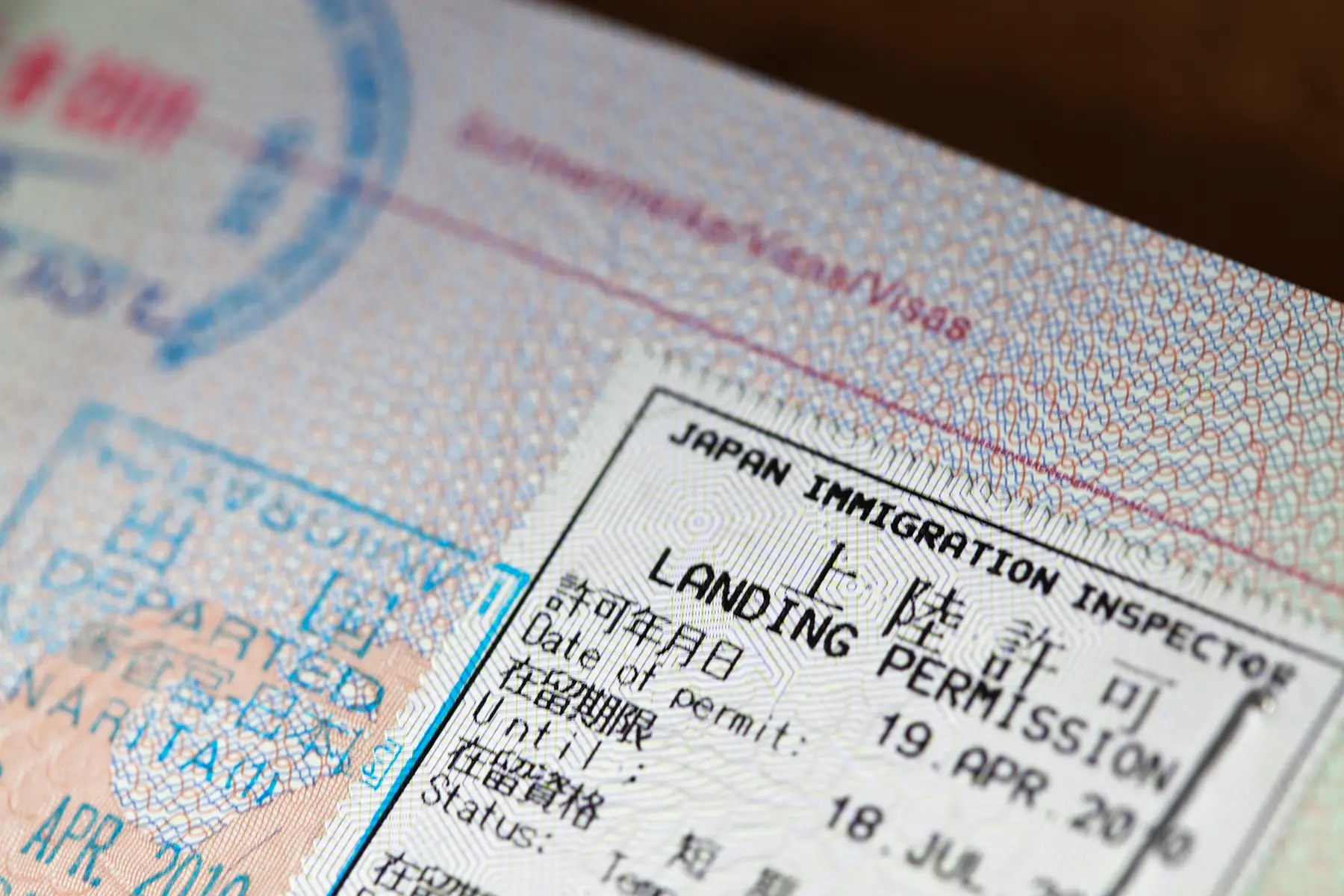
The required supporting documentation includes:
- A valid passport
- Completed visa application form
- Passport photo
- COE
- Additional documents depending on the specific sector
Visa costs
The fees depend on the local embassies or consulates processing your visa but expect to pay between ¥3,000 (single entry) and ¥6,000 (multiple entry).
Specified Skilled Worker visa (SSW I)
Since many Japanese work visa applications are industry-specific, further exploring the two types of Specified Skilled Worker (特定技能) visas is essential.

The Specified Skilled Worker visa (I) (PDF) scheme is for semi-skilled foreign workers with industry-specific expertise in designated areas of the Japanese economy with labor shortages. These fields include:
- Nursing care
- Building cleaning management
- Machine parts and tooling industries
- Industrial industry
- Electric, electronics, and information industries
- Construction
- Shipbuilding and ship machinery
- Automobile repair and maintenance
- Aviation
- Accommodation/hospitality/tourism
- Agriculture
- Fisheries and aquaculture
- Production of food and beverages
- Food service industry
This SSW (I) is also the only work visa for seasonal or temporary workers in Japan’s designated industries facing labor shortages.
Requirements
You must pass a skills examination (技能試験) and an introductory Japanese language test (JFT-Basic – 日本語基礎テスト). You must also present proof of the job offer and sign an employment contract with a Japanese employer.
Visa length
The Specified Skilled Worker visa (I) is initially valid for 12 months, and you can extend it up to a maximum of five years. After that, you may be eligible to apply for a Specified Skilled Worker visa (II).
Specified Skilled Worker visa (SSW II)
This work visa scheme is for highly skilled foreign workers with advanced abilities, experience, and proficiency in designated fields of labor with shortages in Japan.
Requirements
You would need to meet the following requirements to apply for this type of visa:
- Extensive industry experience
- Advanced skills in the designated field
- A higher level of Japanese language proficiency
- A job offer
- An employment contract with a company in Japan
Visa length
This type of work visa for Japan is valid for up to three years, and it is possible to extend without any limitation set by the Japanese authorities.
Japanese work visas for students
Japan offers student visas for foreign nationals pursuing higher education. Students can work part-time while studying, but they must obtain a permit. It is called ‘Permission to Engage in Activity other than that Permitted under the Status of Residence Previously Granted.’ (資格外活動許可)

Typically, students can work up to 28 hours per week and 8 hours per day during Japanese school holidays. Legally, they cannot work in adult entertainment industries. After graduation, students seeking full-time employment must apply for the appropriate work visa based on their career field.
Work visas in Japan for self-employed people, freelancers, and entrepreneurs
Self-employed individuals, freelancers, and entrepreneurs seeking to work in Japan can apply for a business manager visa. This visa is designed for those starting or managing their own business. Requirements include:
- A viable business plan
- Secured office space
- Adequate funds
- Investment (minimum of ¥5 million) to support the business
To apply, you must first secure a Certificate of Eligibility (COE) and submit it with your application at a Japanese embassy or consulate.
Volunteering and work experience in Japan
For volunteering and work experience in Japan, a Cultural Activities visa (文化活動) is often the best option. It is categorized under general visas instead of work visas and allows unpaid internships, cultural study, or volunteer work.

You would need documentation supporting the purpose of your stay, such as an invitation letter from the host organization. This visa lasts for a maximum of six months, with possible extensions. You can apply for one through your local Japanese embassy or consulate.
Japanese work visas for family members
Many family and spouse visas in Japan, including dependent visas, allow adults to study and work in the country.
They also allow children to access the Japanese public education system.
Appeals and complaints about work visas in Japan
If your Japanese work visa application is refused, you can request an administrative review or lodge a complaint with the Immigration Services Agency of Japan. You can start by filing an appeal in writing – with the supporting documents – to the regional immigration office that made the initial decision. Processing times for appeals and complaints vary considerably, often taking several weeks or months.
If you disagree with the outcome, you can file a lawsuit against the administrative decision in a Japanese court. However, consulting with an immigration lawyer beforehand is recommended to evaluate the merits of your case.
Useful resources
- Ministry of Foreign Affairs (MOFA – 外務省) – the government department governing foreign policy and consular services, lists Japanese embassies worldwide
- Ministry of Justice (MOJ – 法務省) – oversees work immigration policies
- Immigration Services Agency of Japan (ISA – 出入国在留管理庁) – official information about immigration and visas in Japan
- Legal Affairs Bureau (法務局) – oversees civil administration affairs, including family registers
